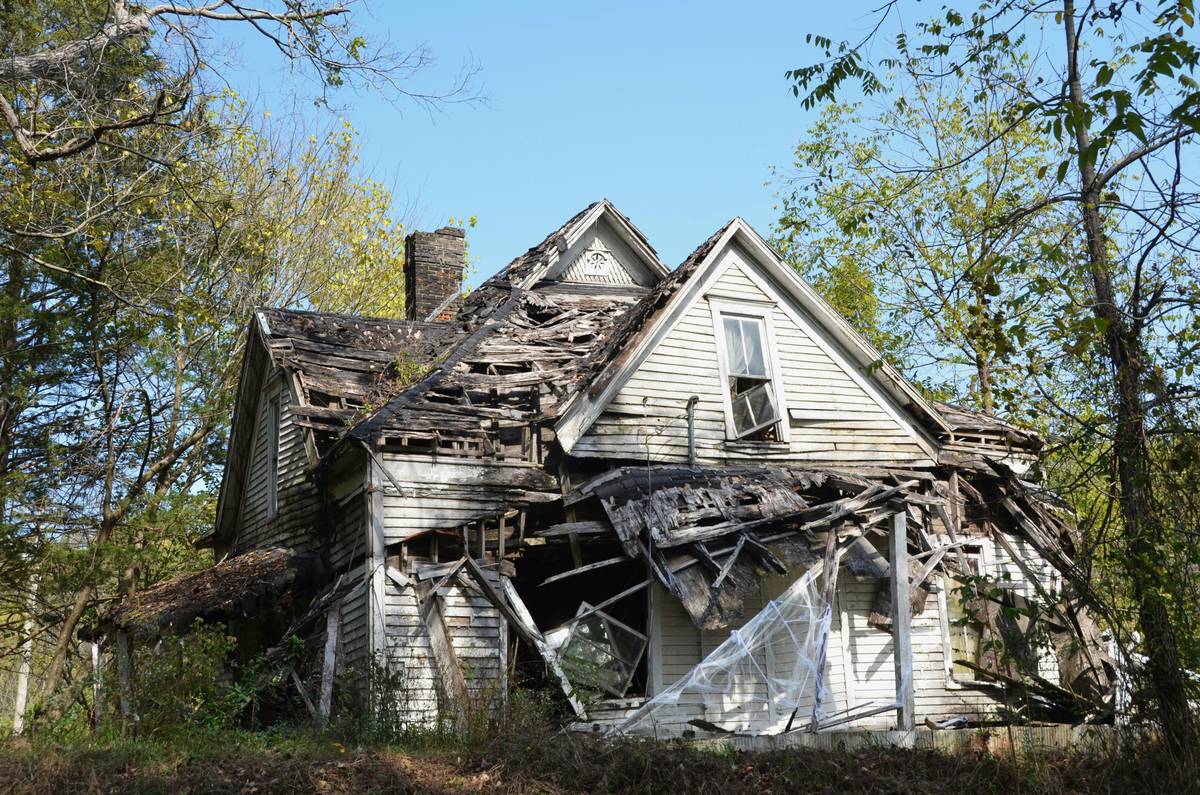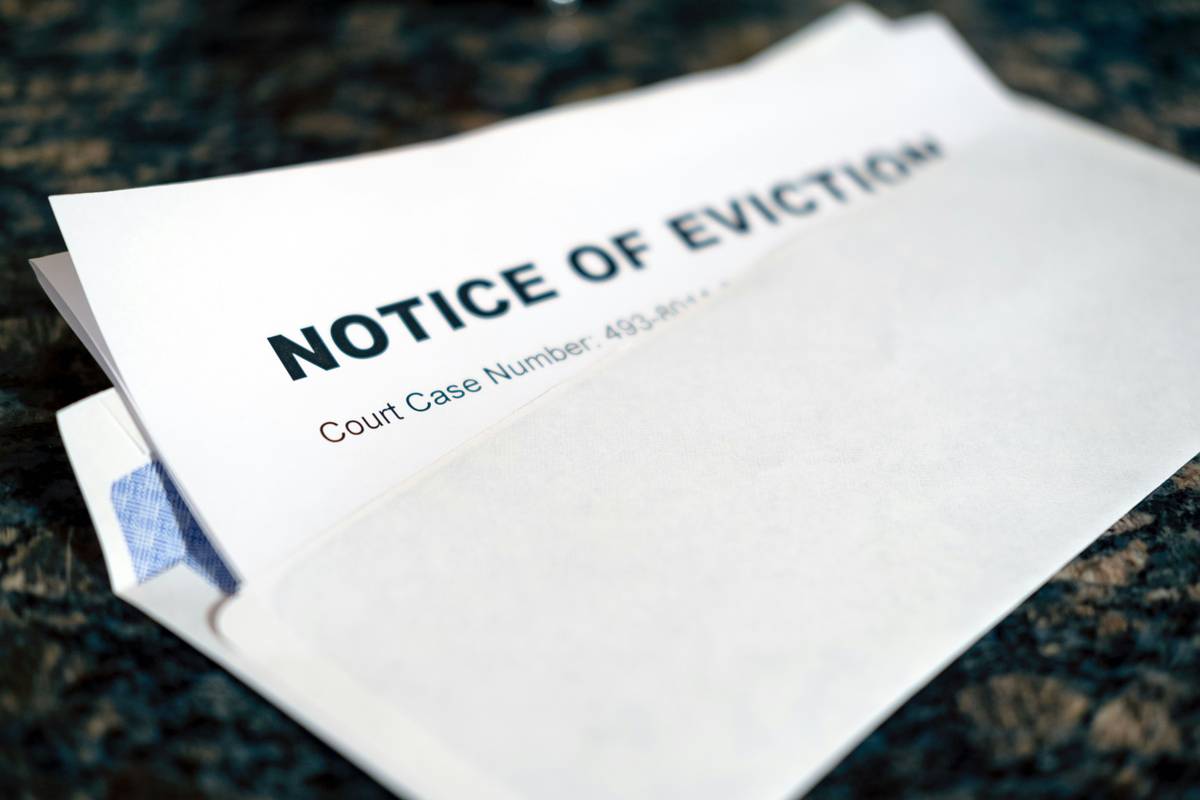Ever woken up to find your car vandalized or your fence destroyed? It’s infuriating. But here’s the kicker—most people don’t even realize they’re underinsured until it’s too late.
If you’ve been ignoring vandalism risks, buckle up because we’re diving deep into property protection insurance policies. You’ll learn what they cover, how to choose one, and mistakes to avoid (hint: skimping on coverage isn’t “saving money”).
Table of Contents
- Why Property Protection Matters
- Choosing the Right Property Protection Insurance Policy
- Top Tips for Maximizing Coverage
- Real-Life Success Stories
- FAQs About Property Protection Insurance Policies
Key Takeaways
- Vandalism can hit anyone—your property needs tailored protection.
- A good property protection insurance policy includes both physical damage and liability safeguards.
- Understanding exclusions is critical to avoiding nasty surprises later.
Why Property Protection Matters
“Optimist You:” “Oh, nothing bad will ever happen!”
Grumpy You: “Yeah, right… until someone slashes your tires.”

Figure 1: A sharp rise in vandalism cases highlights the need for proper insurance.
Consider my own little disaster story. Years ago, I lived in a quiet neighborhood where crime was practically nonexistent—or so I thought. One morning, I found my backyard shed completely trashed. Tools stolen, walls spray-painted, lock busted open. Total loss? Over $1,000.
Guess what happened next? My basic renters insurance didn’t cover it. Why? Because I hadn’t opted for a comprehensive property protection insurance policy that included vandalism. Lesson learned!
Choosing the Right Property Protection Insurance Policy
Picking an insurance plan feels like trying to decode ancient hieroglyphs sometimes. Here’s your cheat sheet:
- Know Your Risks: Are you more prone to theft, fire, or vandalism?
- Check Coverage Limits: Ensure the maximum payout matches your property value.
- Look Beyond Buzzwords: Don’t fall for flashy terms like “all-inclusive” without reading fine print.

Figure 2: Compare features across different property protection policies.
One brutal truth: Not all insurers are trustworthy. Some may try to sell you unnecessary add-ons just to inflate premiums. Do your homework!
Top Tips for Maximizing Coverage
Ready to dominate this niche? Here are some pro tactics:
- Document Everything: Take photos of your belongings regularly. If disaster strikes, you have proof.
- Bundle Policies: Get discounts by combining auto, home, and vandalism insurance.
- Update Annually: Your coverage needs change as life changes. Stay ahead.
Terrible Tip Alert: Thinking about skipping premium payments to save cash? DON’T. That’s literally burning money faster than any discount could replace it.
Real-Life Success Stories
Meet Sarah from Denver. When a hailstorm turned her garage into Swiss cheese, she thought she’d be paying out-of-pocket. Thankfully, her property protection insurance policy kicked in, covering repairs AND temporary storage for her vehicle.

Figure 3: Sarah’s successful claim restored peace of mind post-disaster.
FAQs About Property Protection Insurance Policies
What does a typical property protection insurance policy include?
Coverage usually extends to structural damages, personal property replacement, and liability costs if someone gets hurt on your premises.
Can I customize my policy?
Absolutely! Many providers offer riders for specific scenarios like flooding or high-value item protection.
Is vandalism always covered?
Nope. Check your policy details; standard policies might exclude certain types of malicious acts unless explicitly stated.
Conclusion
Protecting your assets shouldn’t feel like rolling dice at a casino. With the right property protection insurance policy, you gain financial security—and peace of mind. From evaluating risks to maximizing coverage, every step counts toward safeguarding your hard-earned investments.
Like a Tamagotchi, your insurance requires constant attention. Neglect it, and chaos ensues. Keep yours fed and happy, folks!


